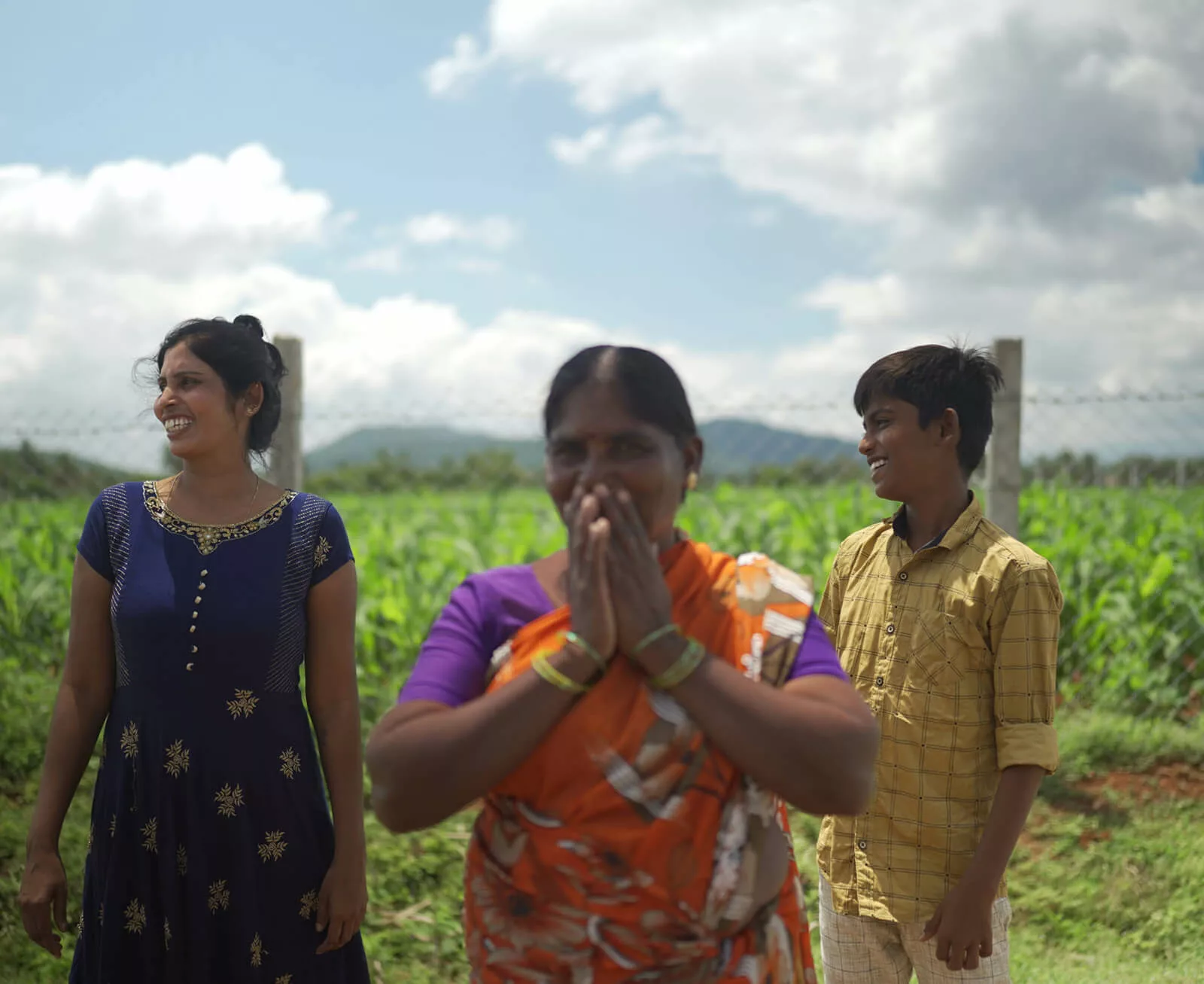
Our impact
We lead with both human insight and the power of data. As we continue to scale and establish new partnerships, Noora Health is committed to understanding and strengthening the impact of our program. We monitor reach and program quality, and evaluate behavior and health outcomes for patients, caregivers, and health systems. Across all program areas, we expect to see improved outcomes at three levels — the caregiver, patient, and systems — which we are committed to measuring through quasi-experimental and pre-post studies by condition area.
Impact at a glance
Every day, Noora Health supports health systems in training more than 45,000 caregivers and patients across thousands of facilities throughout India, Bangladesh, Indonesia, and Nepal.
-
22,800 +
Health workers trained
-
30 million+
Caregivers and patients trained
-
12,400 +
Partner facilities
-
71 %
Reduction in 30-day post-surgical complications in Cardiac Care patients
-
56 %
Decrease in newborn readmissions
-
78 %
Increase in skin-to-skin care among new parents
Impact by program area
We conduct ongoing, high-quality research to understand the impact of our approach on health outcomes, refine our programs and services, and build evidence for health-systems change in the communities where we work.
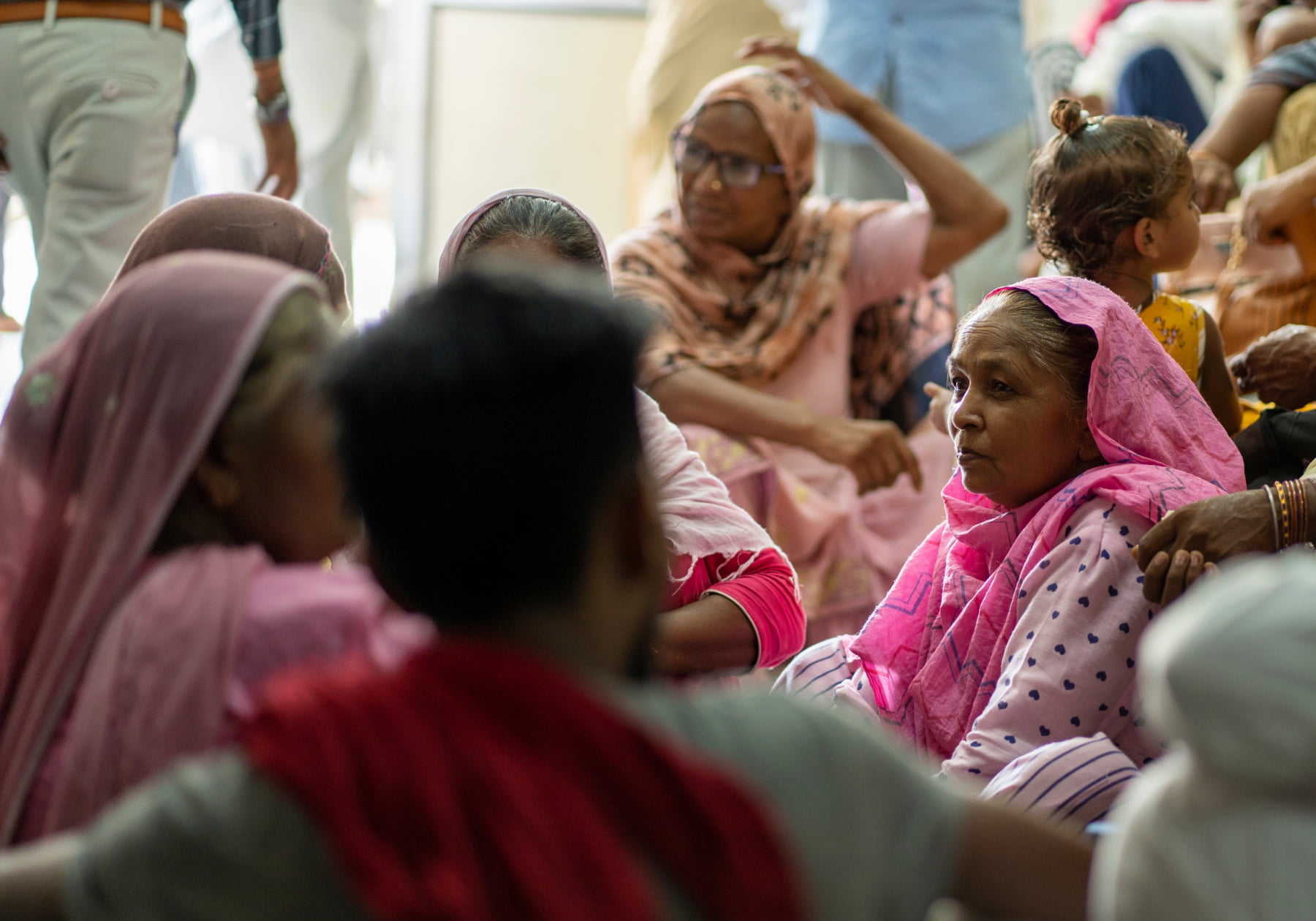
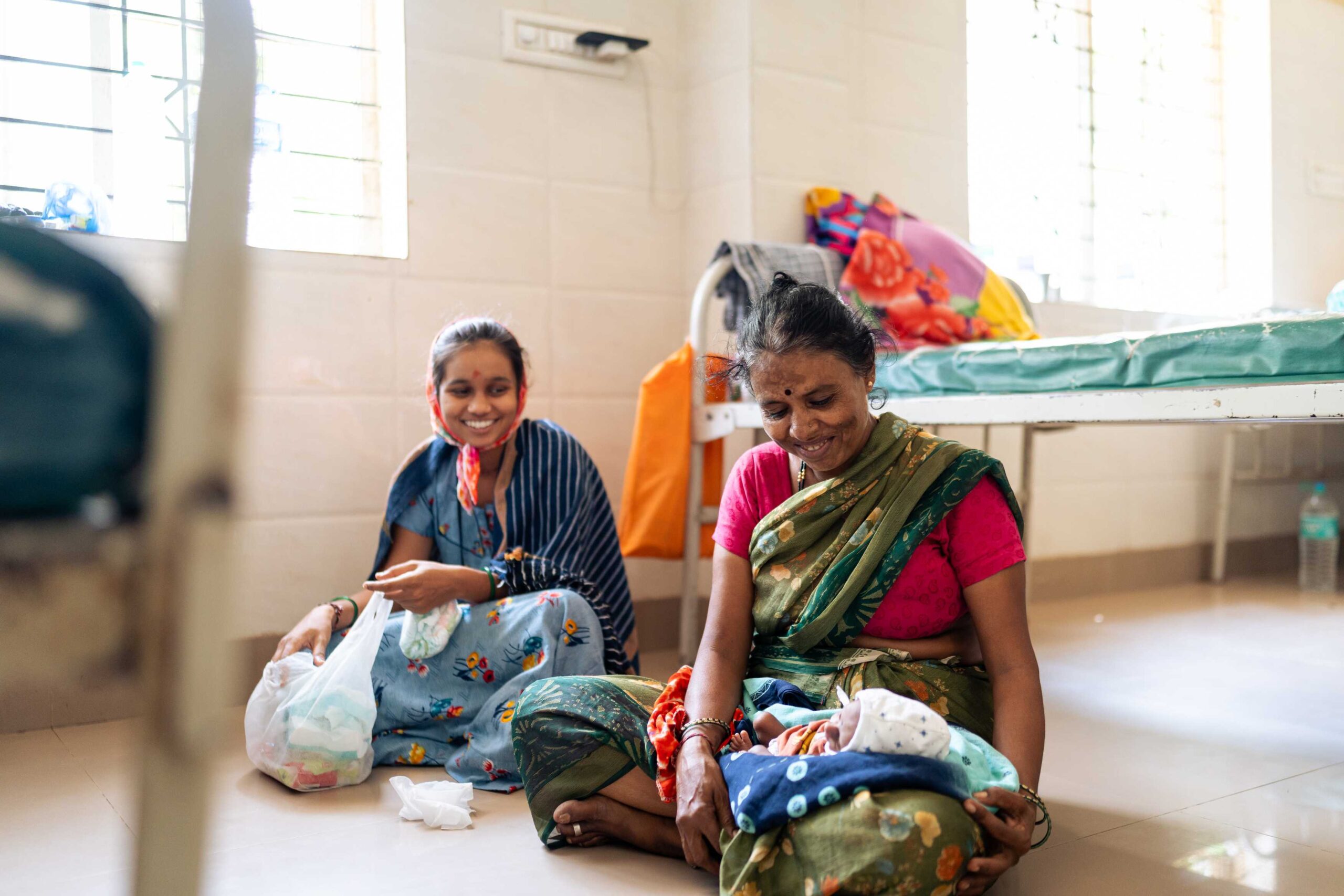
Maternal and newborn health
9.2% increase in maternal skin-to-skin care
In this cluster-randomized trial with 21,937 mothers across 15 intervention hospitals and nine control hospitals across four Indian states, we investigated the impact of our mobile messaging service on postnatal knowledge and practices. We observed significant positive impacts in 7 out of 11 neonatal and maternal care practices under investigation, including breastfeeding (+3.1 percentage points), recommended cord care practices (+4.1 percentage points), skin-to-skin care by mothers (+9.2 percentage points), skin-to-skin care by fathers (+2.2 percentage points), and diet.
Bulletin of the World Health Organization, 2025 — in partnership with the Stanford Center for Health Education | Karnataka, Madhya Pradesh, Maharashtra and Punjab Read More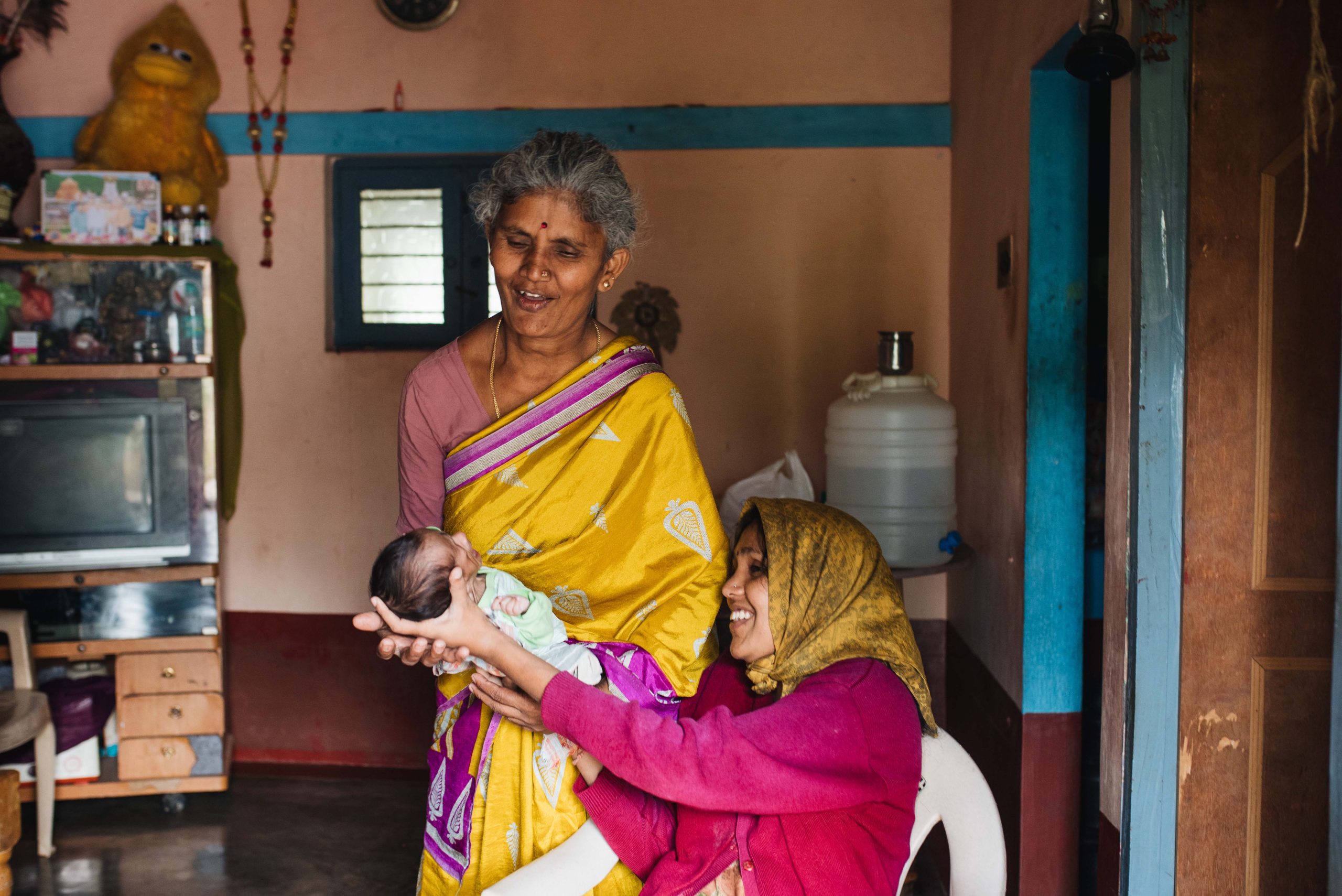
Maternal and newborn health
18% reduction in newborn mortality
In this 133,733-person study, data collected before and after the Care Companion Program suggested an 18% reduction in risk of newborn death within the first month of birth across 28 government hospitals in four Indian states. This translates to 9.2 additional baby lives saved for every 1,000 live births.
PLOS Global Public Health, 2023 — in partnership with Ariadne Labs | Punjab, Madhya Pradesh, Maharashtra, Karnataka read more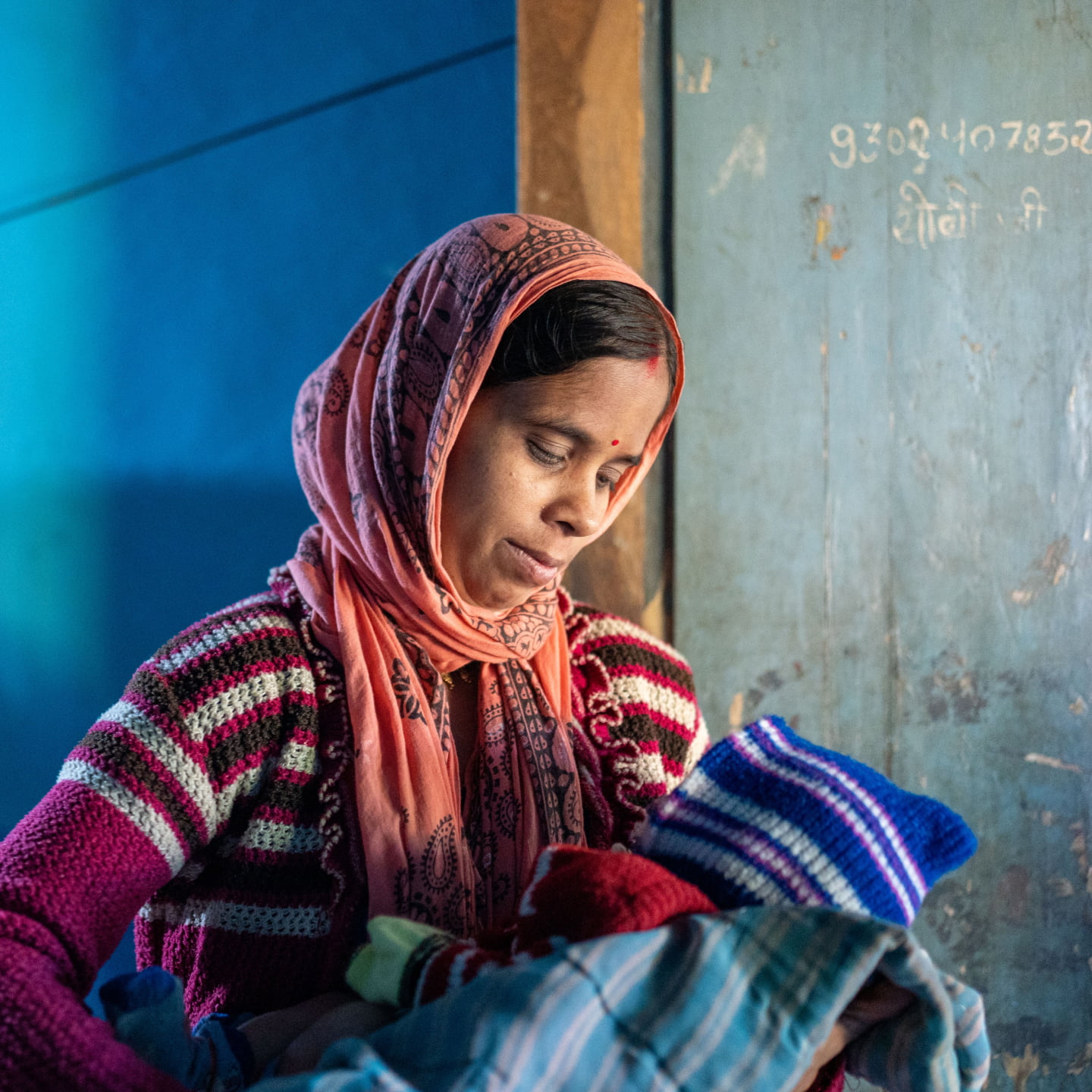
Maternal and newborn health
56% reduction in newborn readmissions
This 4,984-person study assessed the impact of the Care Companion Program on post-discharge maternal and neonatal health outcomes. Skin-to-skin care improved by 78% in the post-intervention group as compared to pre-intervention group, newborn complications were reduced by 16%, mother complications by 12%, and newborn readmissions by 56%.
BMJ Open Quality, 2022 | Karnataka, Punjab read more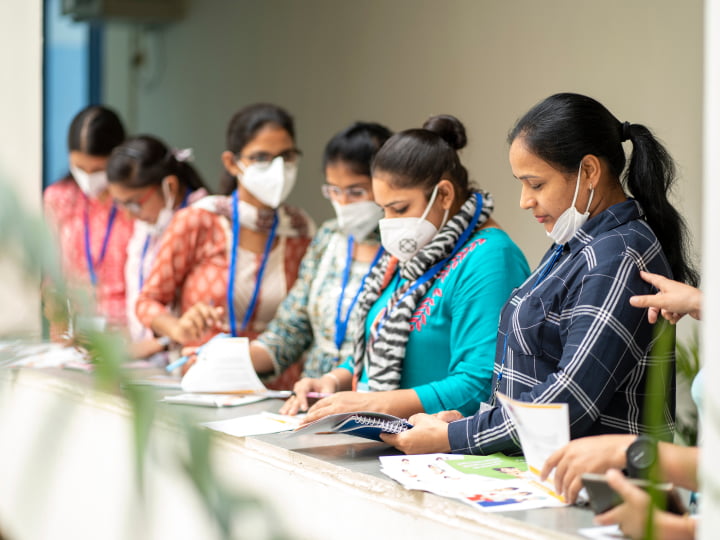
Maternal and newborn health
54% reduction in newborn readmissions
This multi-site study of 7,900 new mothers and their infants assessed behavior change and health outcomes following the Care Companion Program. Interim findings showed a 54% reduction in newborn readmissions among those who received the training, which is notable since those in the trained group included more babies that were sick enough to have received intensive care.
Healthy Newborn Network, 2020 — in partnership with Ariadne Labs | Punjab, Madhya Pradesh, Maharashtra, Karnataka read more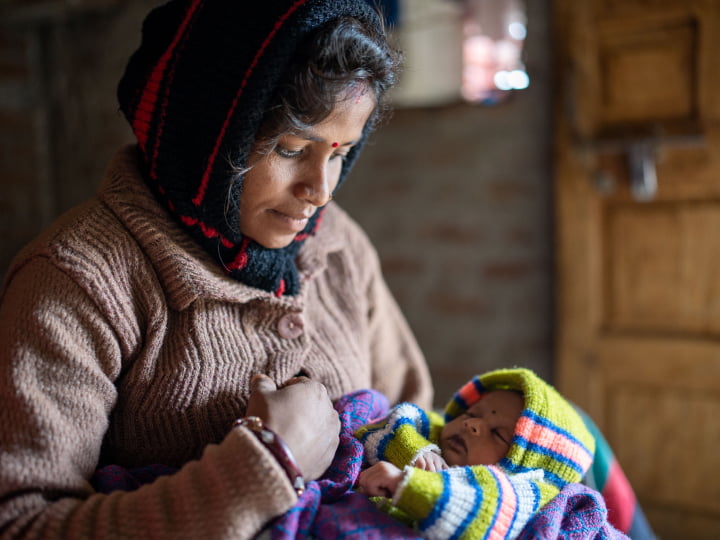
Maternal and newborn health
Improved postnatal education needed in LMICs
This baseline, 13,000+ person survey across three Indian states highlights the need and opportunity for improvement in postnatal education for mothers and families and their use of evidence-based newborn care practices (breastfeeding, clean/dry umbilical cord card, skin-to-skin care, hand hygiene) in the home.
BMJ Global Health, 2020 — in partnership with Ariadne Labs | Punjab, Karnataka, Madhya Pradesh read more
Cardiology
71% reduction in 30-day post-surgical complications
The results of the study of 188 patient-caregiver dyads suggest significant associations between participation in the Care Companion Program (CCP) and reduced 30-day complications, increased caregiver activation, and increases in health knowledge. Programs such as the CCP may play an important role in engaging family caregivers to improve health outcomes in settings with limited healthcare resources.
Journal of global health reports, 2019 | Kolkata read more
COVID-19
48% reduction in hospitalizations
This 2,737-person study assessed the impact of our teletraining program on COVID-19 patient outcomes, finding 48% less likelihood of hospitalizations for those who received the training compared to those who received the standard of care. This analysis suggests potential benefits of the program to improve COVID-19 patient outcomes.
Clinical Epidemiology and Global Health, 2023 | Punjab Read more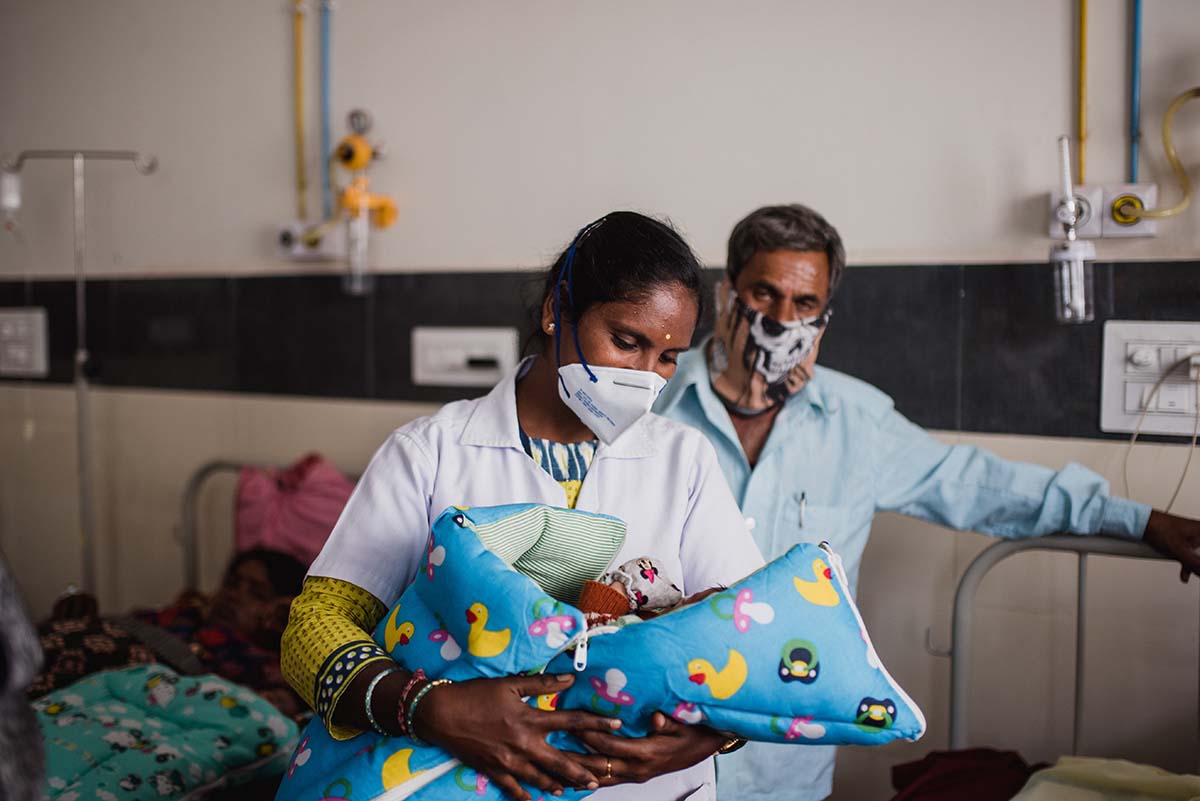
COVID-19
Increase in newborn immunization during COVID-19
This 2097-person study assessed the impact of phone-based counseling to encourage vaccination for babies discharged from SNCU in three South Indian states during the COVID-19 pandemic. At the end of a two-week intervention with two phone calls, the immunization uptake increased from 65.2% to 88.2%.
Vaccines, 2022 | Karnataka, Andhra Pradesh, Telangana Read moreOngoing evaluations
Ongoing evaluations examine the impact of our services and digital offerings on behaviors and health outcomes, including:
Special Care Newborn Unit (SCANU) CCP evaluation in Bangladesh
Do patient and caregiver health education programs improve maternal and newborn care practices and health outcomes? A quasi-experimental study of family caregiver-centered neonatal education programs across four states in India
Evaluation of the Cardiac CCP
Postnatal care CCP evaluation in Nepal
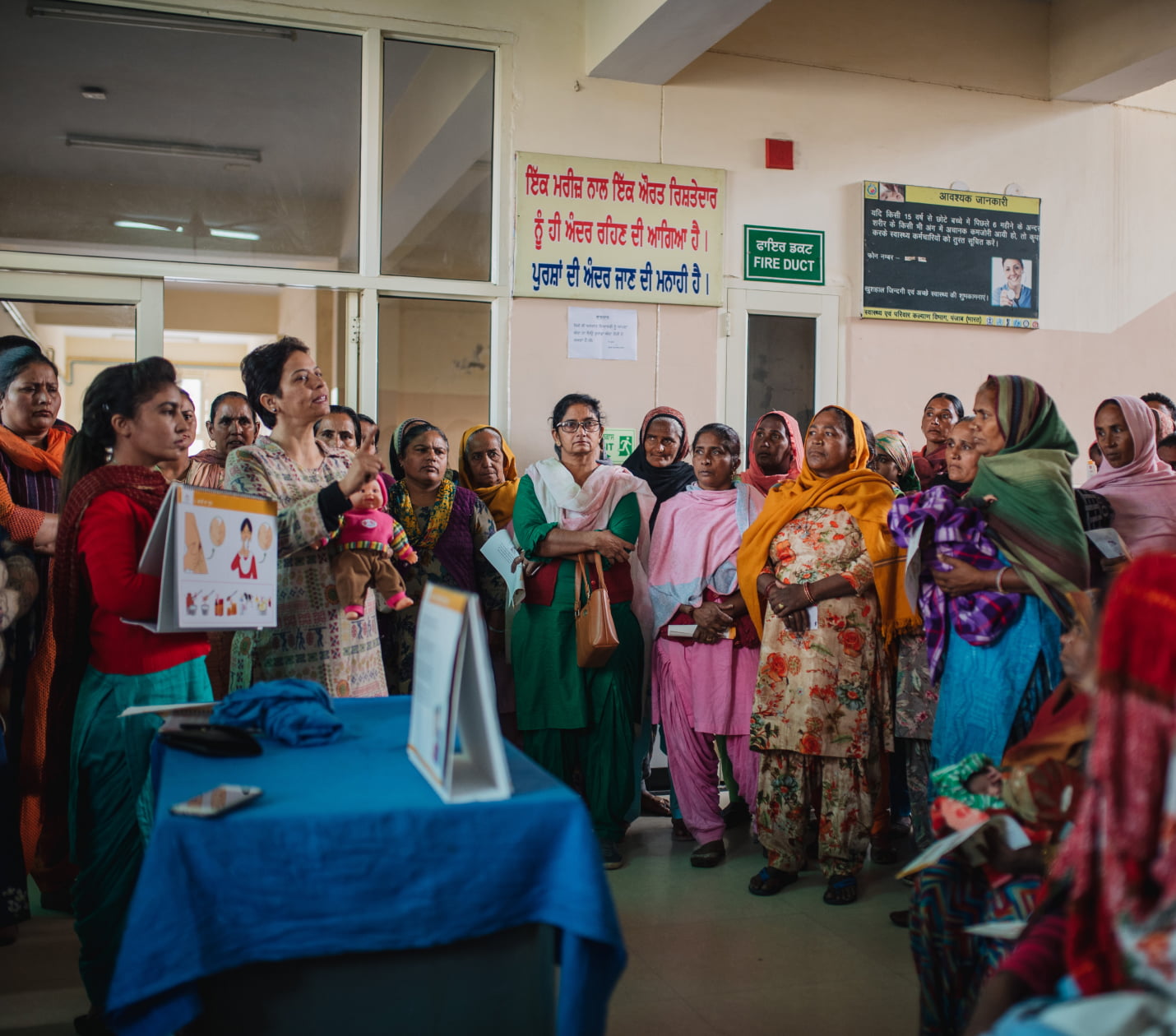
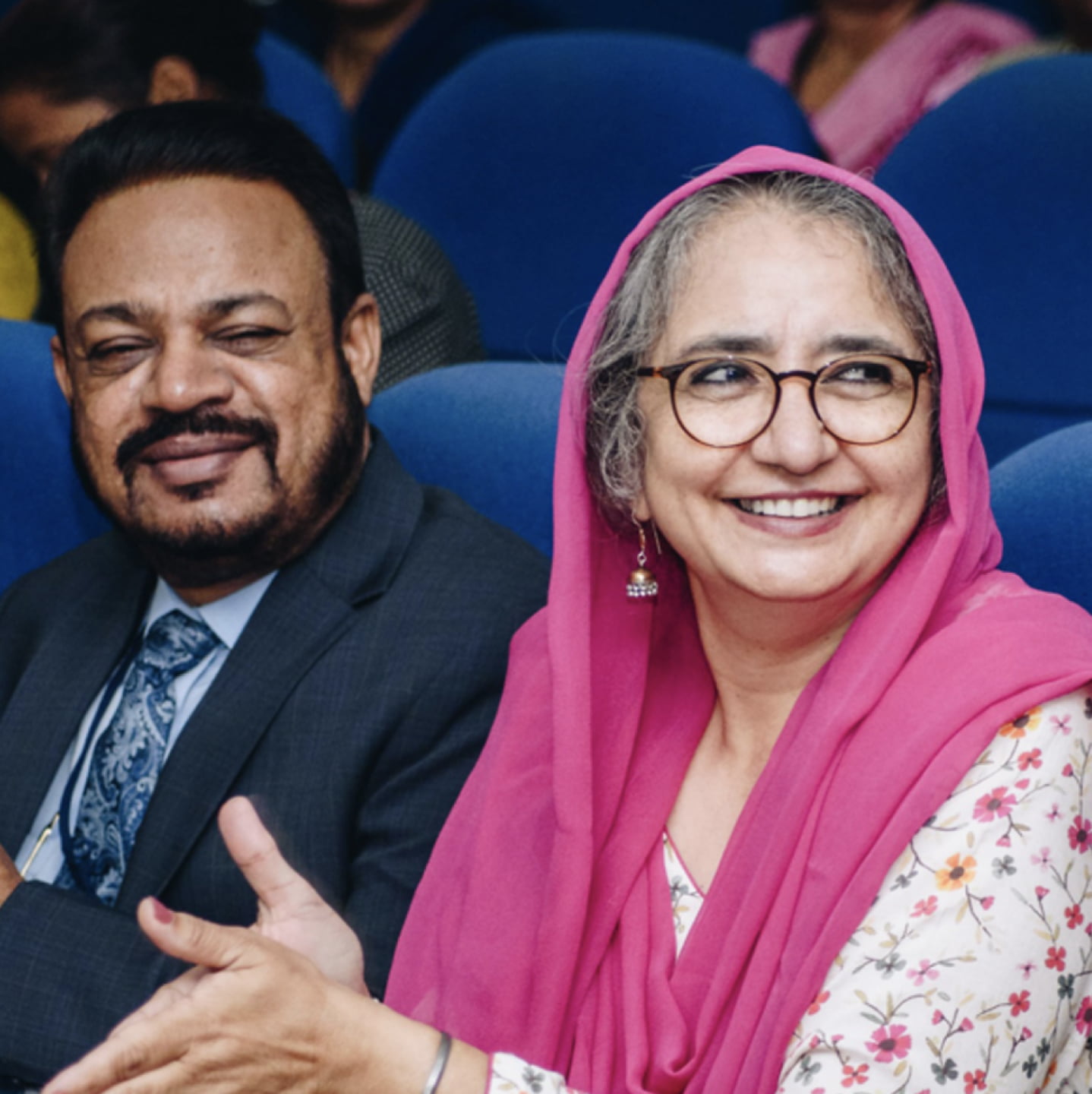
from our stakeholders
Dr. Baljit Kaur
Assistant Director, Department of Health & Family Welfare, Government of PunjabAll of Punjab’s 22 district hospitals seamlessly implement the Care Companion Program (CCP), a feat made possible by the state health administration’s strong support and Dr. Kaur’s leadership. She credits Noora’s unique communication style and structured sessions for people’s awareness and understanding, so much so that her team recently borrowed Noora’s communication model for an iodine information campaign for the 600 member health ministry. Dr. Kaur hopes to see the CCP continue to expand in her state.
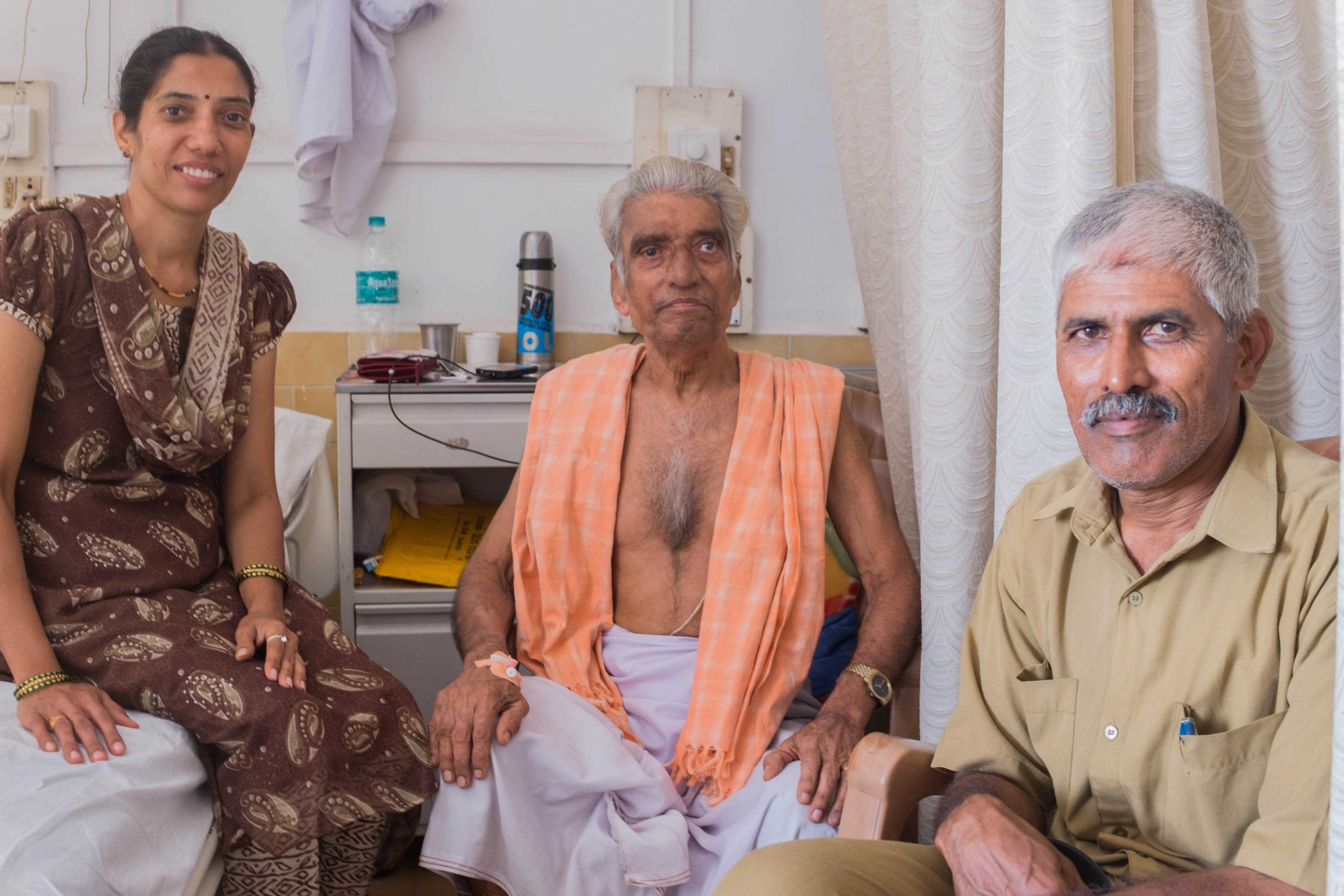
from our stakeholders
Nenjegowda
PatientNenjegowda suffered from heart disease for over a decade and was advised to undergo a heart transplant, but he was unaware of his condition and didn’t understand the recommended treatments. After attending one of Noora Health’s cardiac training sessions with his wife and daughters, the family left with actionable skills to improve his healing post-surgery, such as hygiene, diet, and breathing exercises.
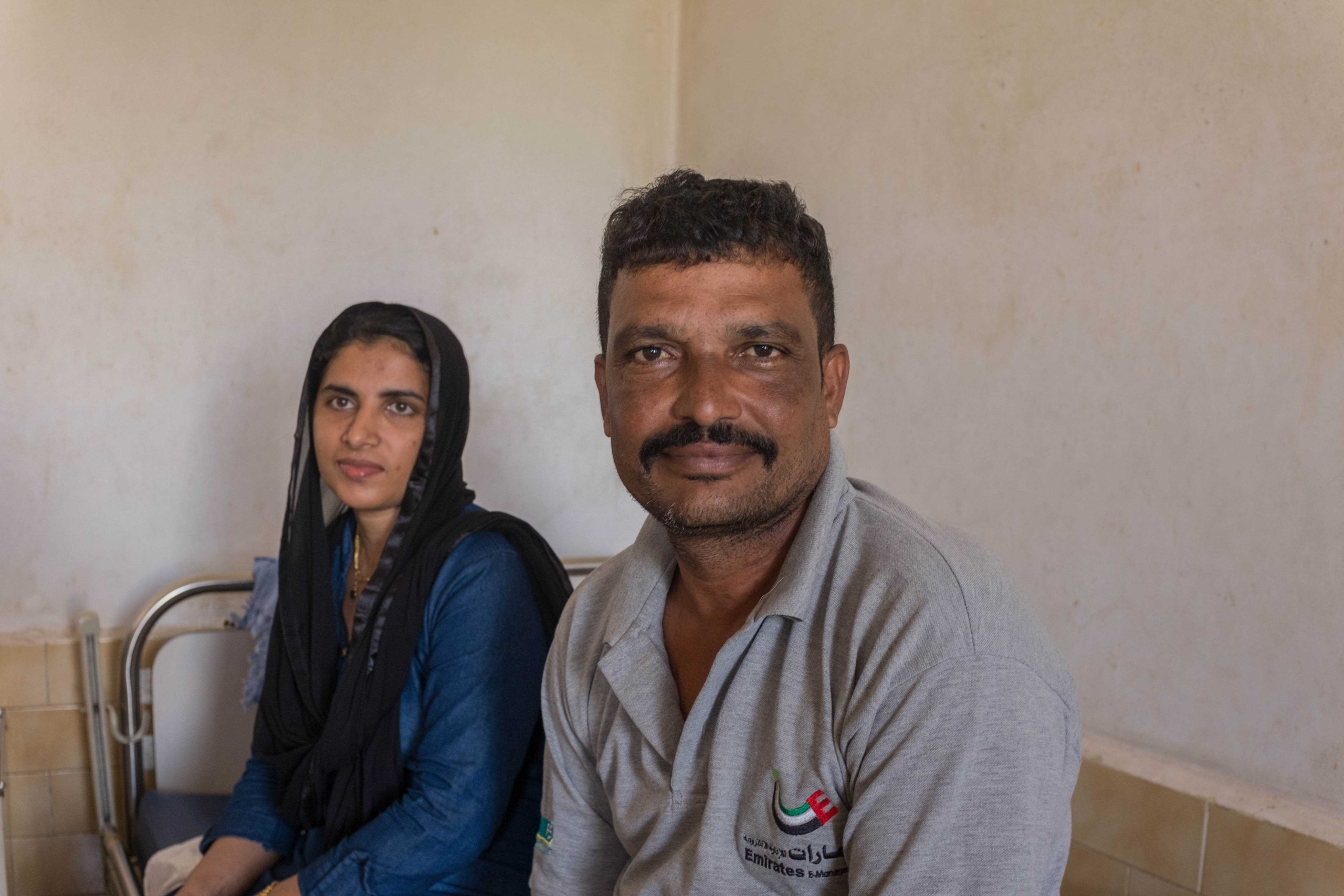
from our stakeholders
Reshma Banu
Primary CaregiverReshma cares for two young children, one of whom has Down Syndrome, and her husband, who was diagnosed with oral cancer from chewing crushed betel nut. At a CCP oncology training session, Reshma learned to plan meals to accommodate a gastric feeding tube and some exercises to improve recovery after surgery. Today, she actively raises awareness about the consequences of betel nut, tobacco, and alcohol consumption in her community.
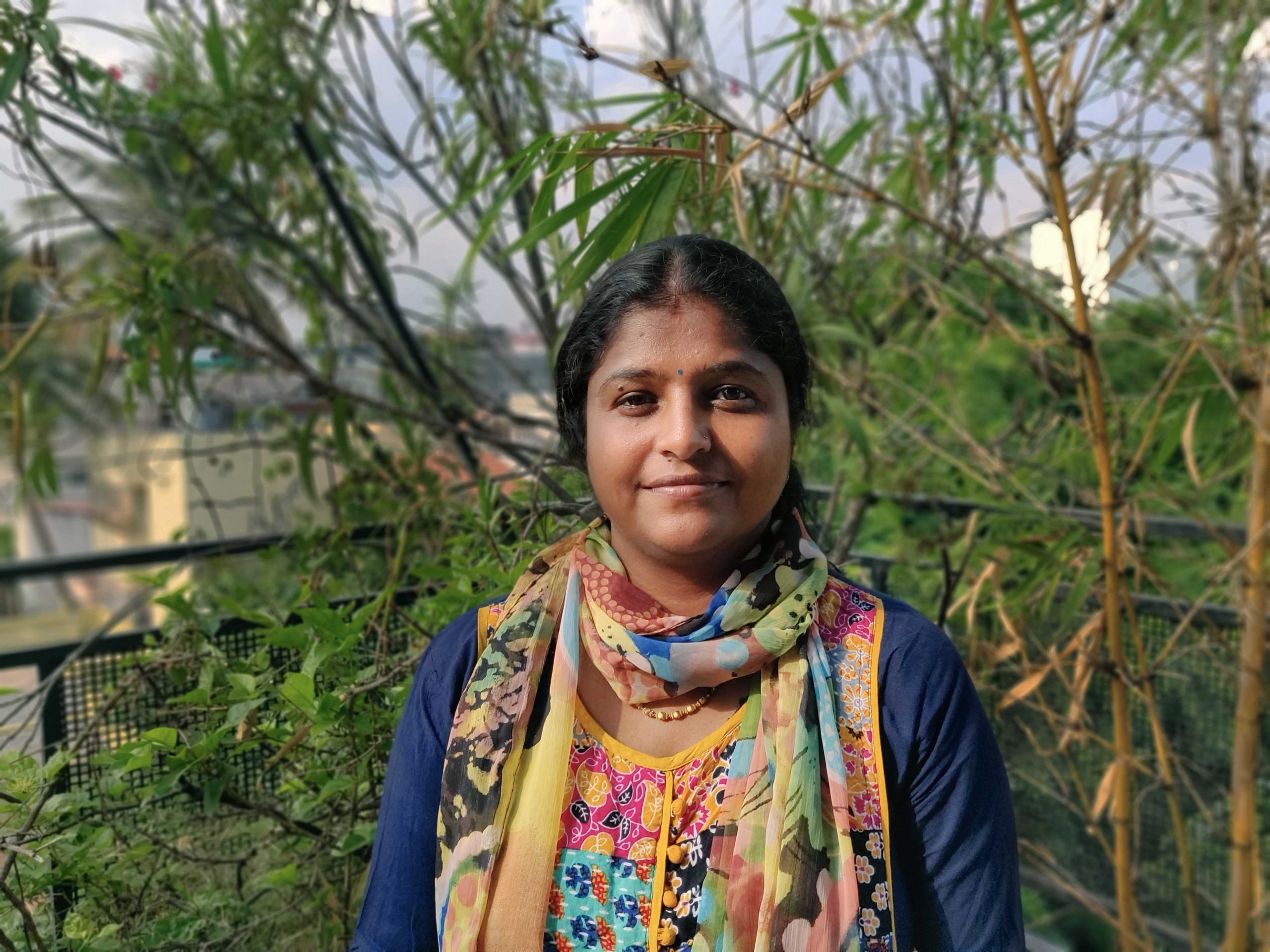
from our stakeholders
Shanthi S.
Healthcare TrainerShanthi’s goal is to save as many young lives as possible. A chance encounter in the NICU introduced her to a young mother, whose baby boy weighed less than 3 pounds at birth. When Shanthi noticed the baby’s father holding his son in his arms, she explained the importance of skin-to-skin contact, and their son returned to a healthy weight within a week. The family now regularly visits Shanthi at the hospital and invites her home for meals.
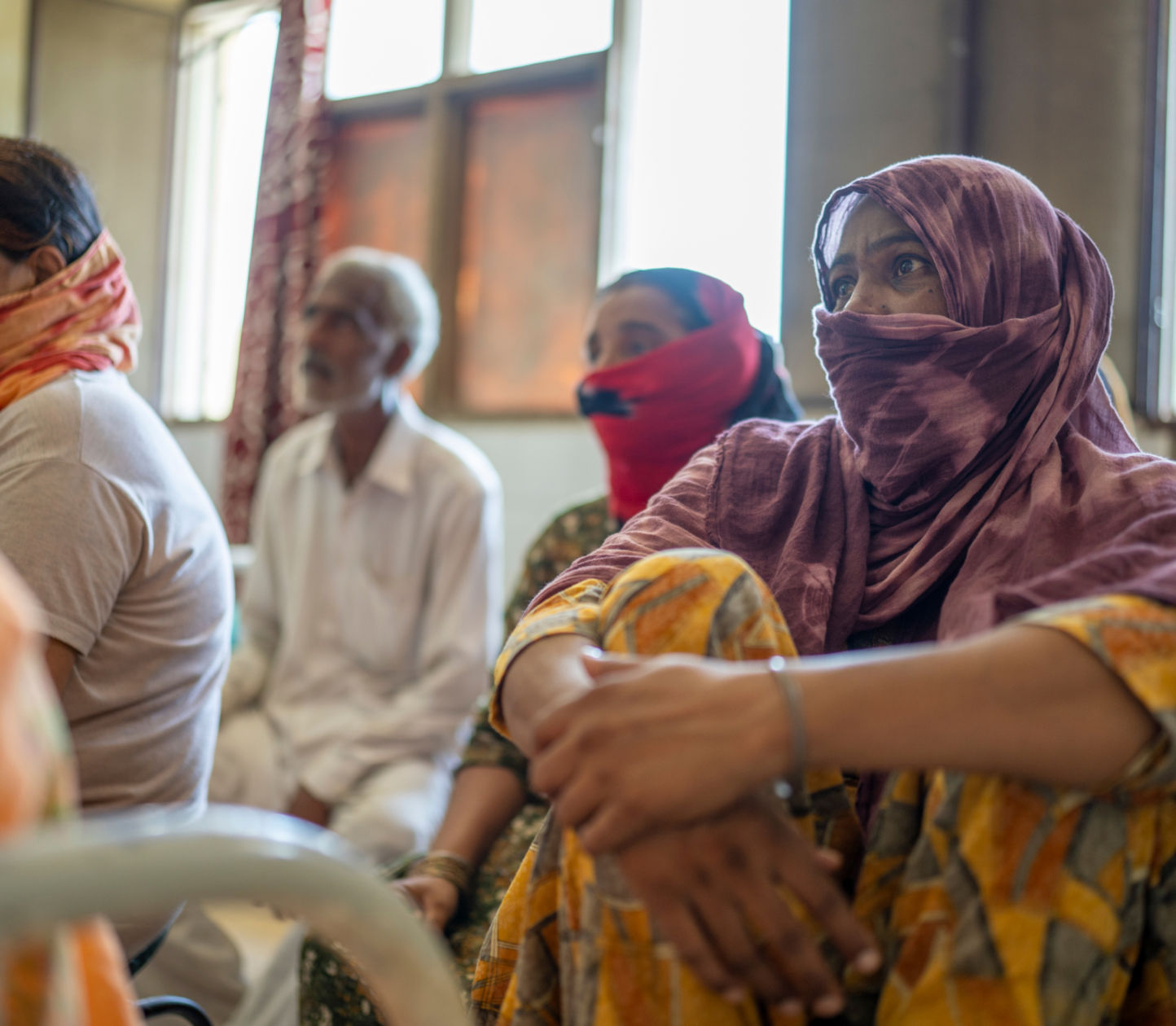
Our impact reports
From hard numbers to tender stories — explore our journey of impact across India, Bangladesh, Indonesia, and Nepal.